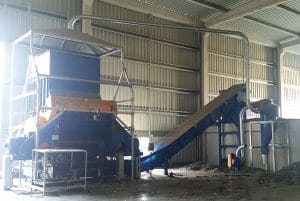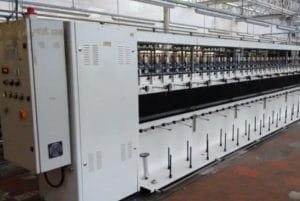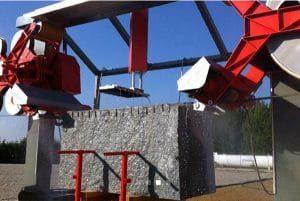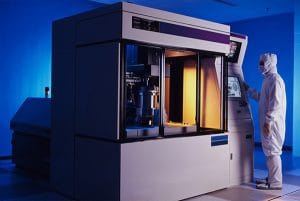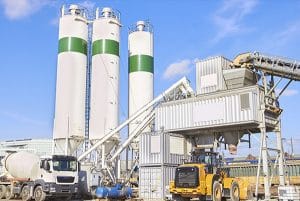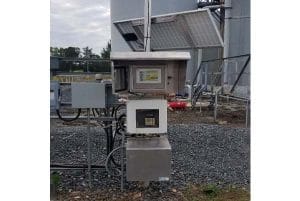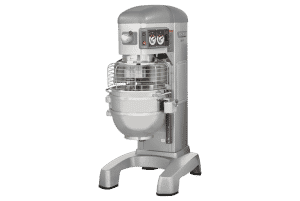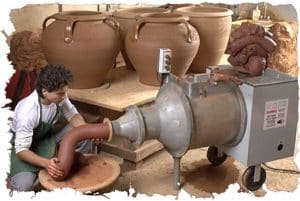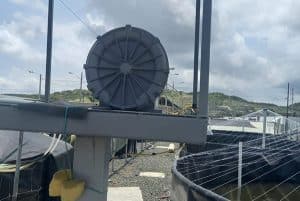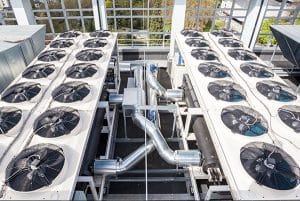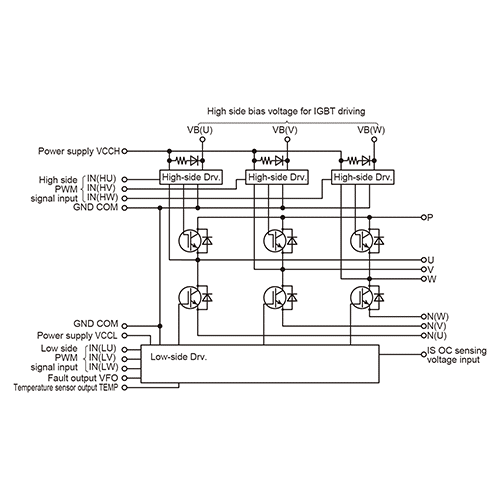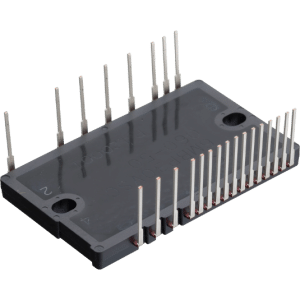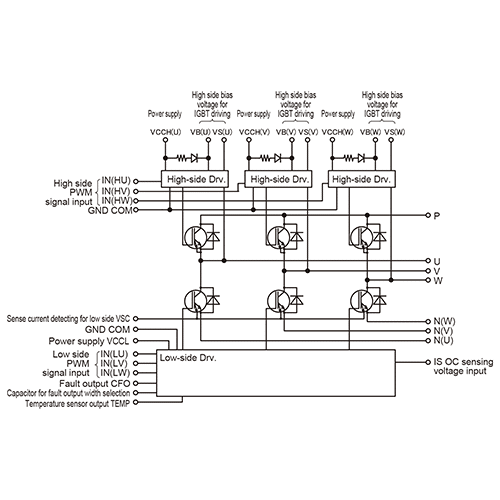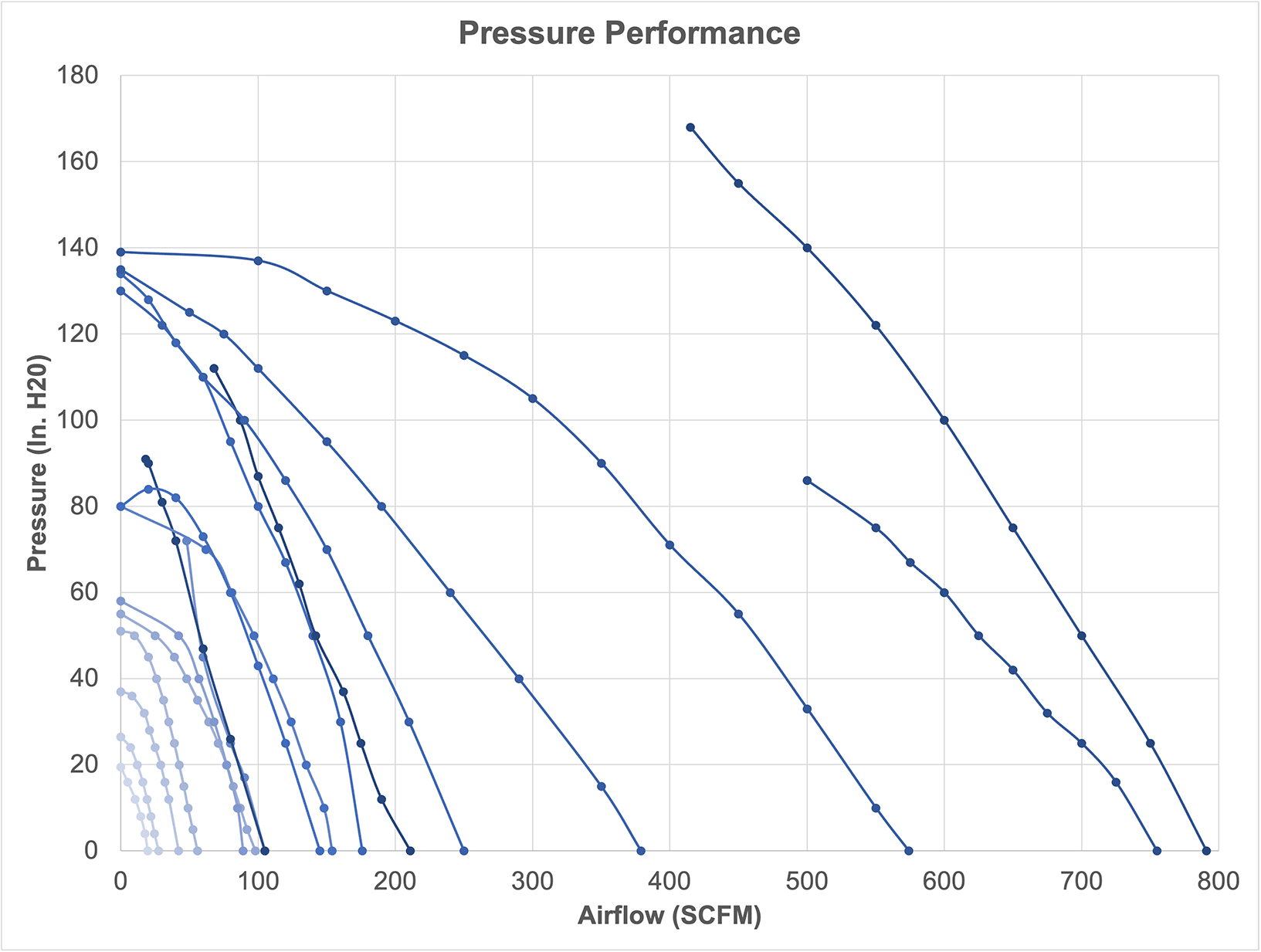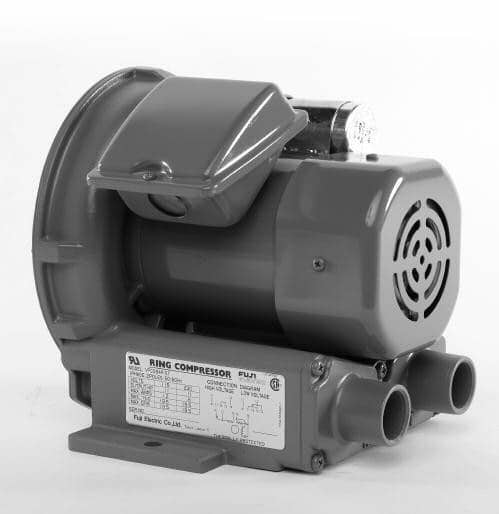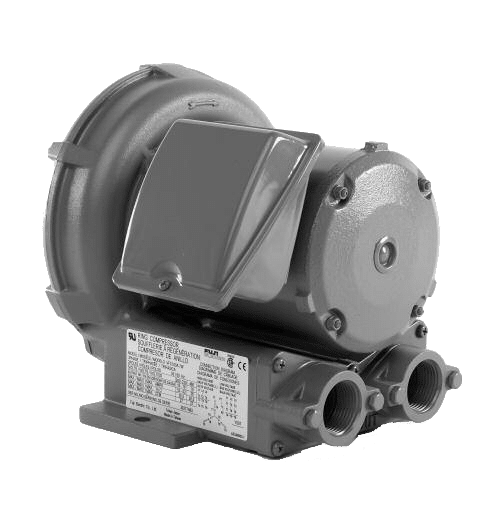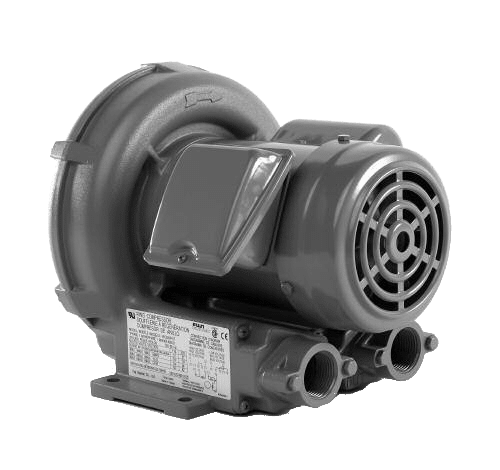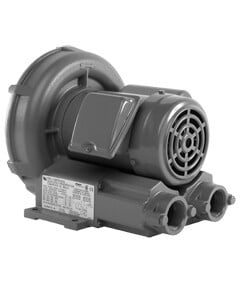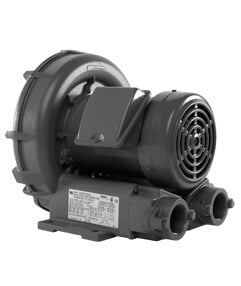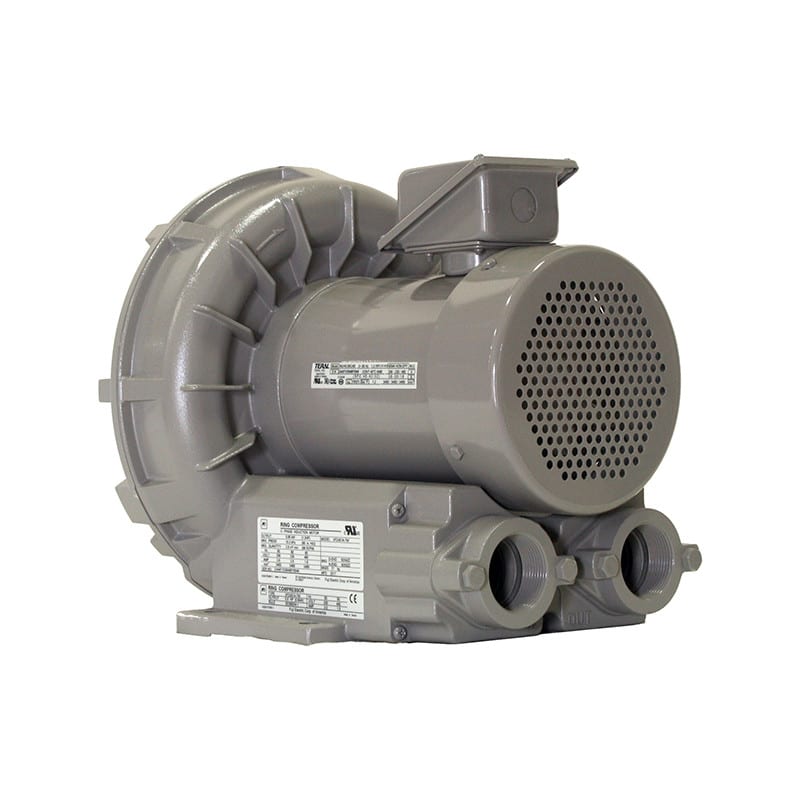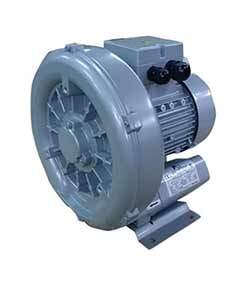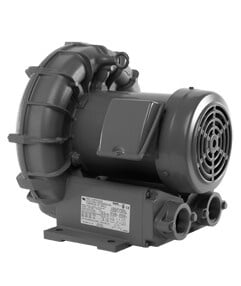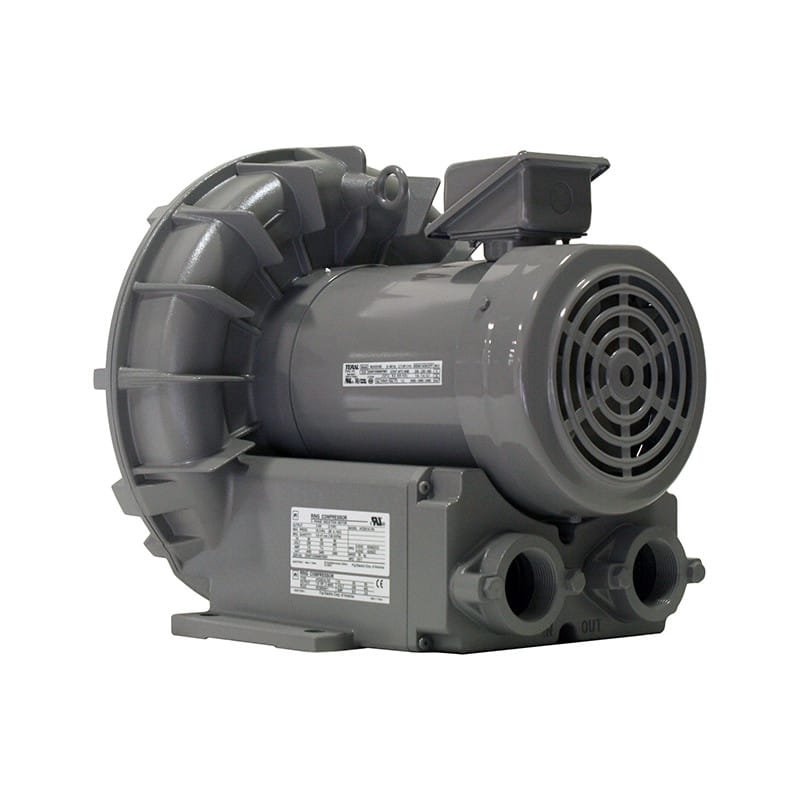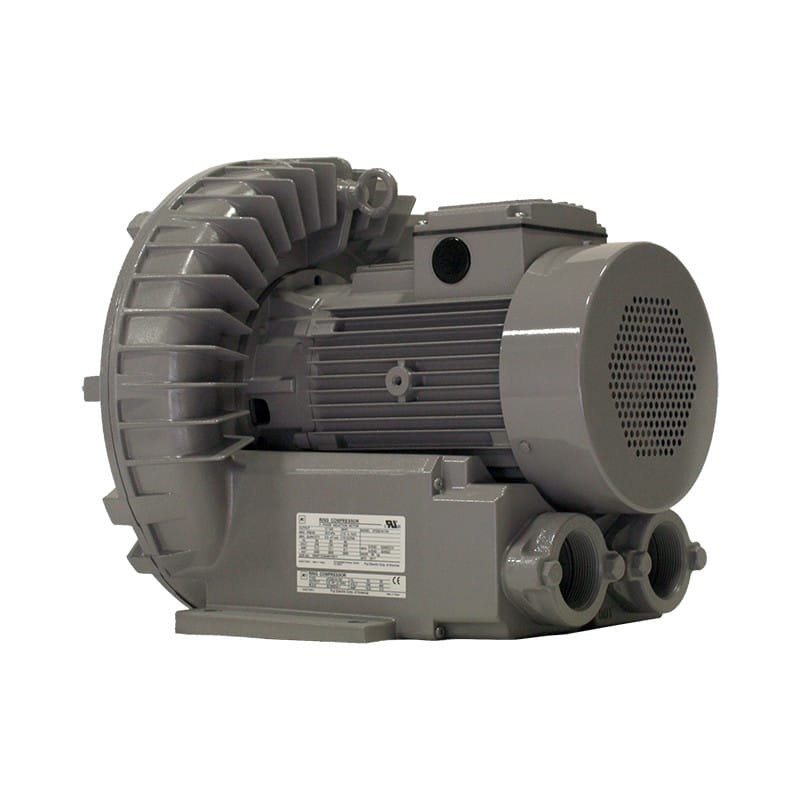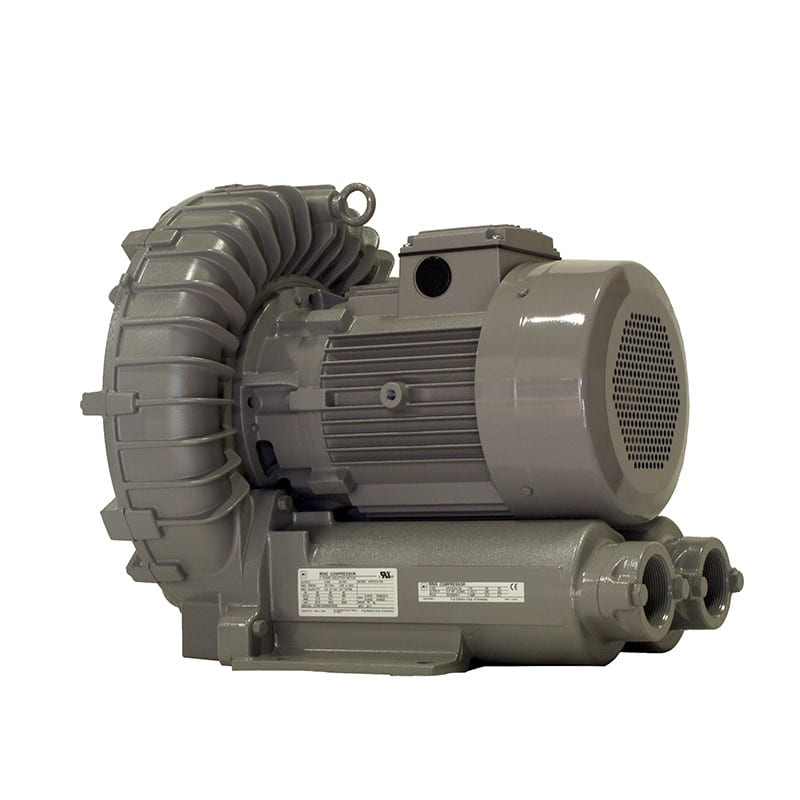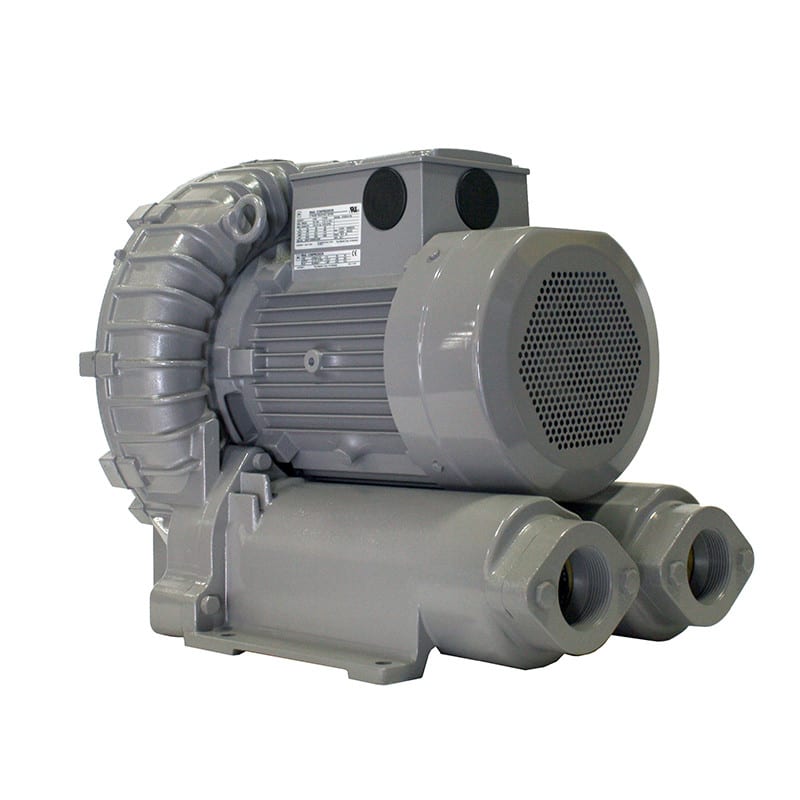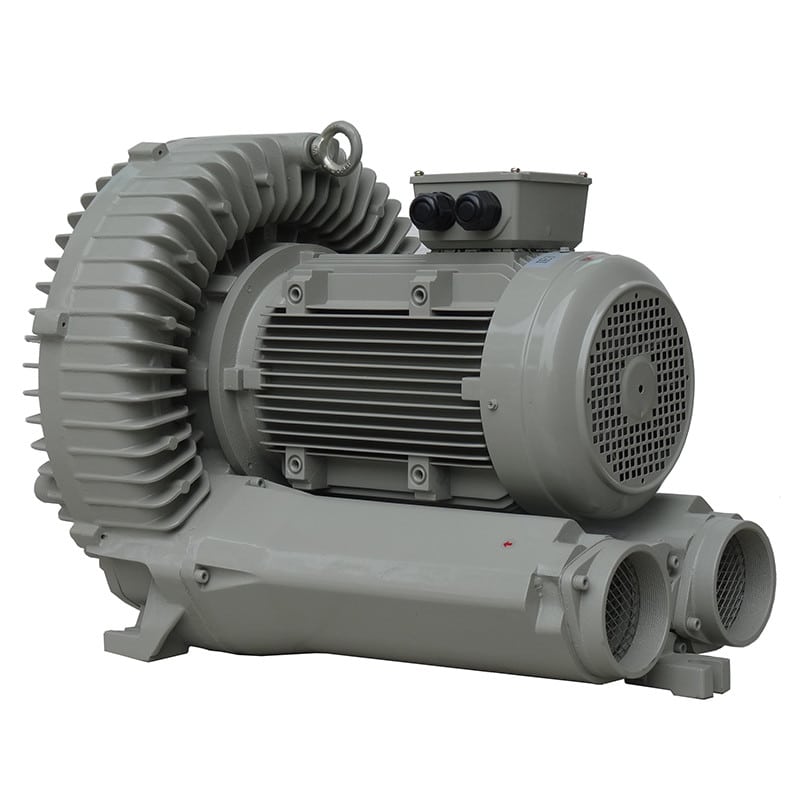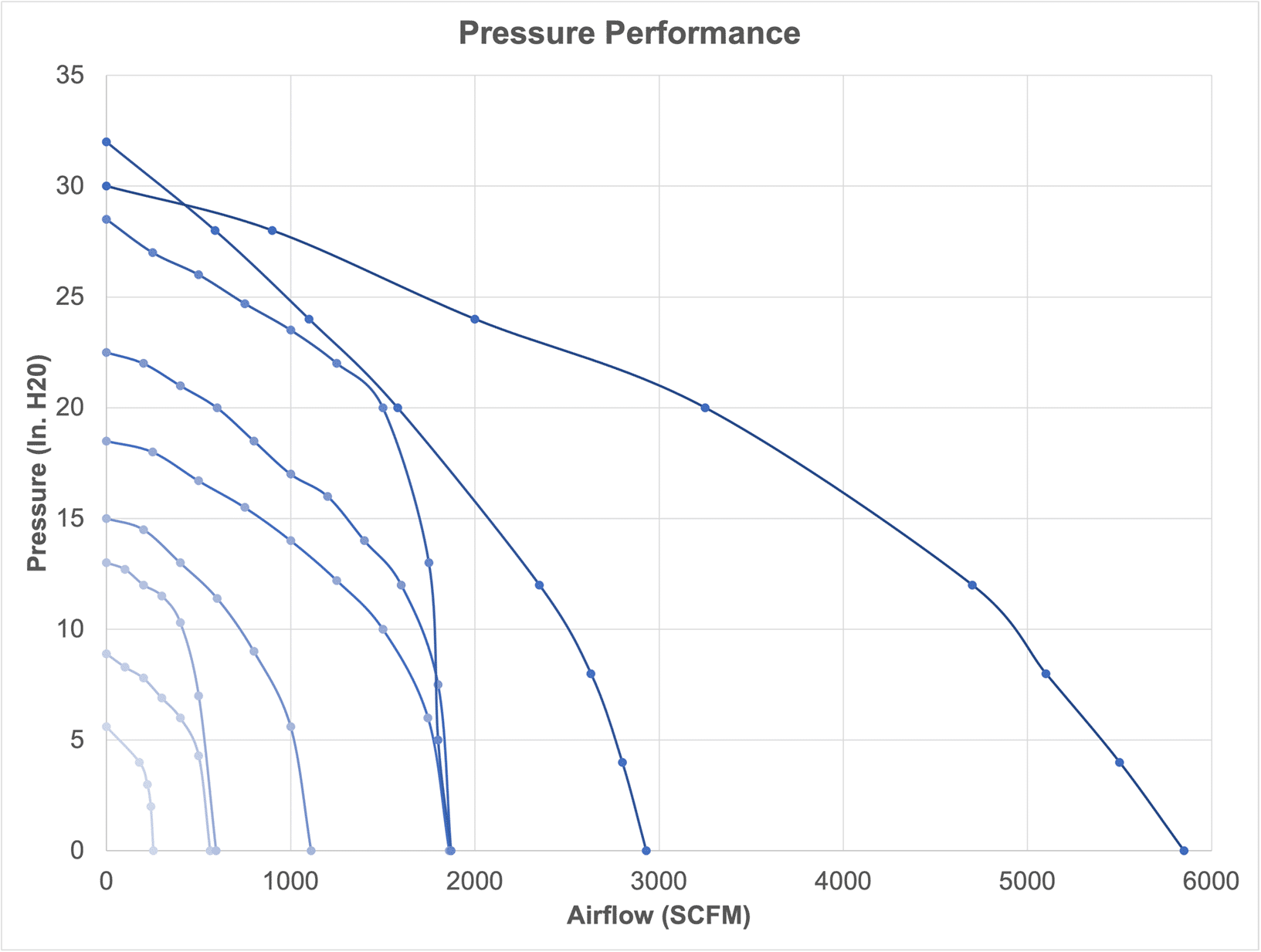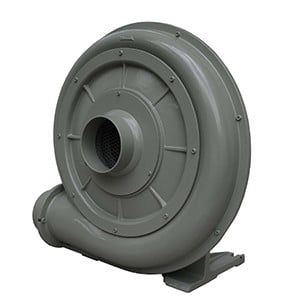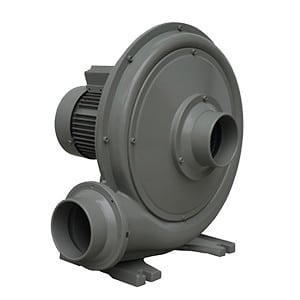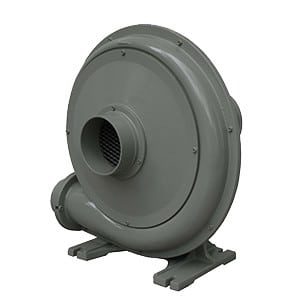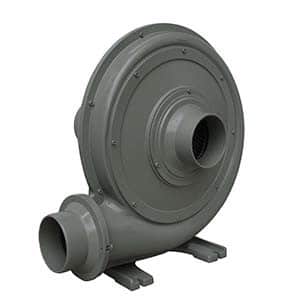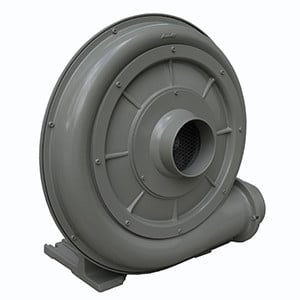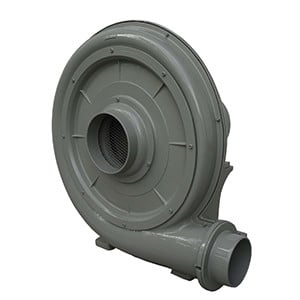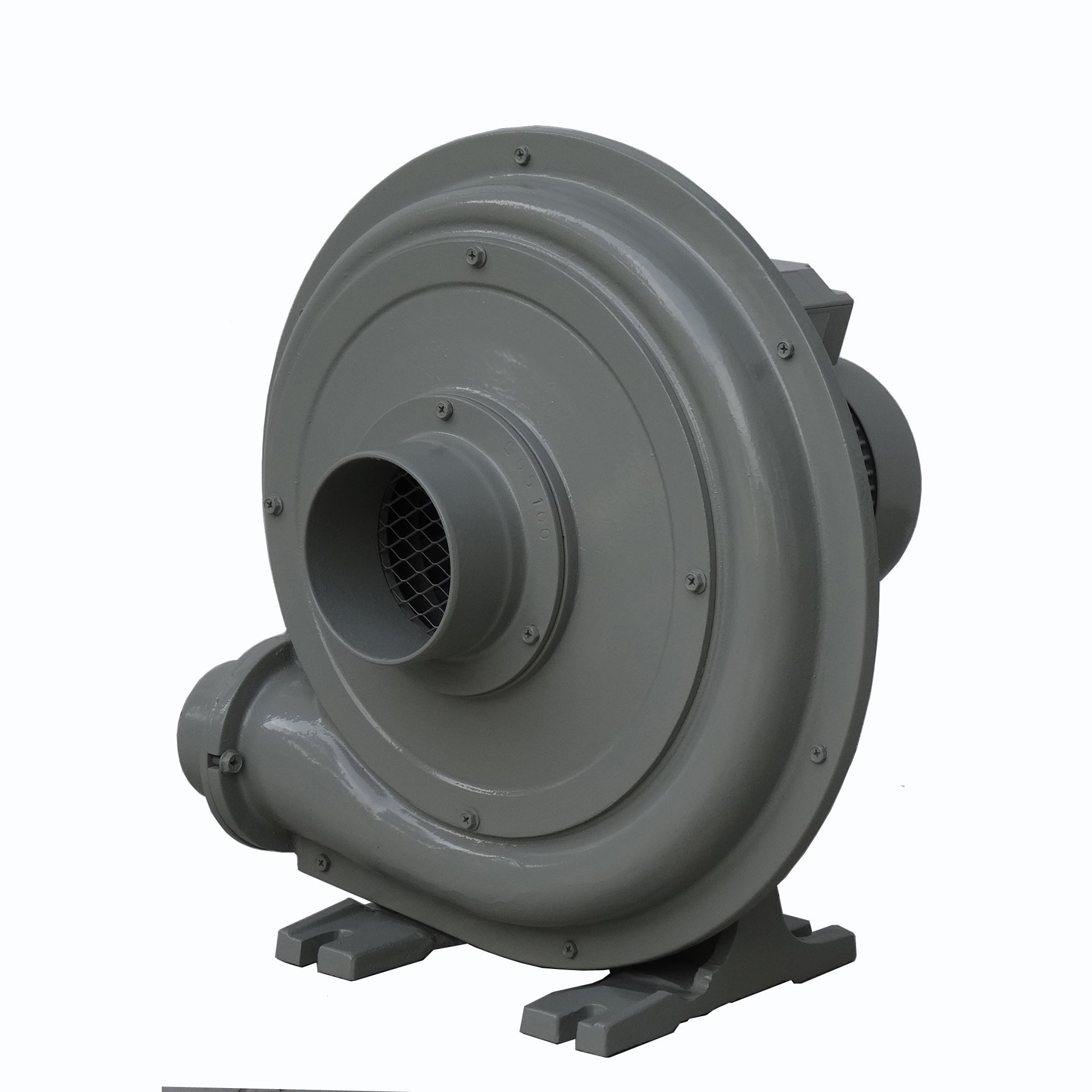The primary difference between a Molded Case Circuit Breaker (MCCB) and an Earth Leakage Circuit Breaker (ELCB) lies in their purpose and function in an electrical system:
- Function and Protection:
- MCCB: It is designed to protect against overcurrents (both overload and short circuits). An MCCB will trip and disconnect the circuit when current exceeds the breaker’s rated capacity for a certain period, protecting wiring and equipment from damage.
- ELCB: This breaker is specifically designed to protect against earth leakage or ground faults. It trips when it detects a leakage current to the ground, which could be a sign of a dangerous fault in the circuit, potentially preventing electric shocks.
- Sensitivity and Detection:
- MCCB: It is sensitive to high current flow, but it does not specifically detect leakage or fault currents to the ground. Its tripping mechanism is based on thermal (for overload) and magnetic (for short circuit) properties.
- ELCB: It is highly sensitive to leakage currents (even in milliamperes) and is designed to detect an imbalance between the live and neutral wires, indicating a fault.
- Usage and Applications:
- MCCB: Commonly used in commercial and industrial electrical systems, where higher current ratings are needed. It is suitable for protecting electrical circuits, motors, and other equipment from overloading and short circuits.
- ELCB: Ideal for residential, commercial, and outdoor applications, especially in wet areas or where there’s a higher risk of electrical shock. It’s used to add a layer of protection against electric shocks due to ground faults.
- Construction and Design:
- MCCB: As the name suggests, it has a molded case which is a robust and insulated housing. It typically supports higher current ratings and might offer adjustable trip settings.
- ELCB: It might be less robust compared to an MCCB and is more focused on detecting leakage currents rather than handling high power loads.
- Trip Mechanism:
- MCCB: Uses thermal (for overload protection) and magnetic (for short circuit protection) trip mechanisms.
- ELCB: Uses a differential current sensing mechanism to detect earth leakages.
In summary, while MCCBs are primarily used for overcurrent protection (including overloads and short circuits) in higher-capacity circuits, ELCBs are used for sensitive detection and protection against earth leakage currents, providing safety against electrical shocks and some types of electrical fires. Both devices are essential in a comprehensive electrical protection strategy but serve different safety roles.





